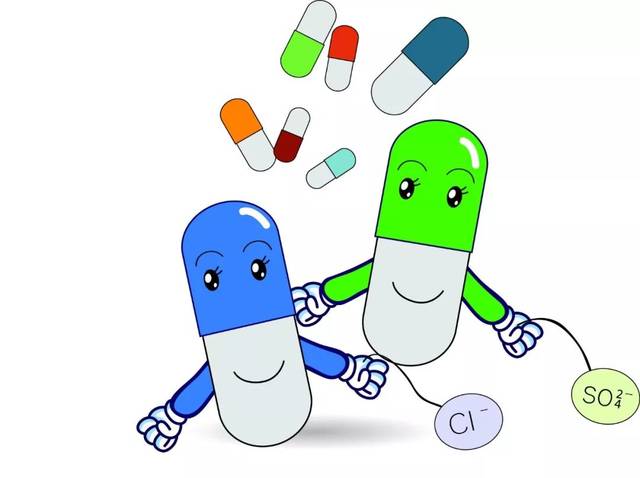
NSAIDs Triple Time to Conception in Women With Spondyloarthriti
TOPLINE:
Subfertility is common in women with spondyloarthritis (SpA), with factors such as older age and use of nonsteroidal anti-inflammatory drugs (NSAIDs) prior to conception associated with a longer time to pregnancy.
METHODOLOGY:
- Researchers conducted a prospective observational study across 63 French centers to evaluate the time to pregnancy and its influencing factors in 88 women with SpA (mean age, 31.6 years; mean body mass index, 23.8) who desired pregnancy between 2015 and 2021.
- They received treatment with tumor necrosis factor inhibitors (69.3%), NSAIDs (26.1%), conventional synthetic disease-modifying antirheumatic drugs (13.6%), or glucocorticoids (9.1%) during the preconception period.
- Disease activity was controlled, with a mean Bath Ankylosing Spondylitis Disease Activity Index score of 2.9 at the inclusion visit.
TAKEAWAY:
- Overall, 63.6% women with SpA achieved pregnancy during follow-up, with a median time to pregnancy of 16.1 months, defined as the time between the cessation of contraception and confirmed pregnancy.
- A total of 45.4% had a time to pregnancy exceeding 12 months or did not achieve pregnancy during the 5-year follow-up.
- Women with SpA who were exposed to NSAIDs during the preconception period experienced a threefold longer time to pregnancy than those who were not (median of 31.6 months vs 12.3 months; hazard ratio [HR], 3.01; P = .01).
- Maternal age was also found to be significantly associated with a longer time to pregnancy (HR per year, 1.22; P < .001).
IN PRACTICE:
“Our findings underline the importance of preconceptional counseling in all patients who desire pregnancy and the need to reduce or cease NSAID intake in SpA patients struggling to conceive,” the authors wrote.
SOURCE:
This study was led by Sabrina Hamroun, Université Paris Cité, Paris, France, and was published online on November 29, 2024, in RMD Open.
LIMITATIONS:
The sample size was relatively small, which prevented subgroup analyses for different phenotypes of SpA. Missing data, particularly concerning disease activity, may have affected the power of analyses. This study also lacked data on the frequency and dose of NSAIDs received by women with SpA.
DISCLOSURES:
This study was supported by grants from multiple organizations including the French Society of Rheumatology, French National Society of Internal Medicine, and other sources, and an unrestricted grant from UCB. The authors declared no conflicts of interest.
This article was created using several editorial tools, including AI, as part of the process. Human editors reviewed this content before publication.



